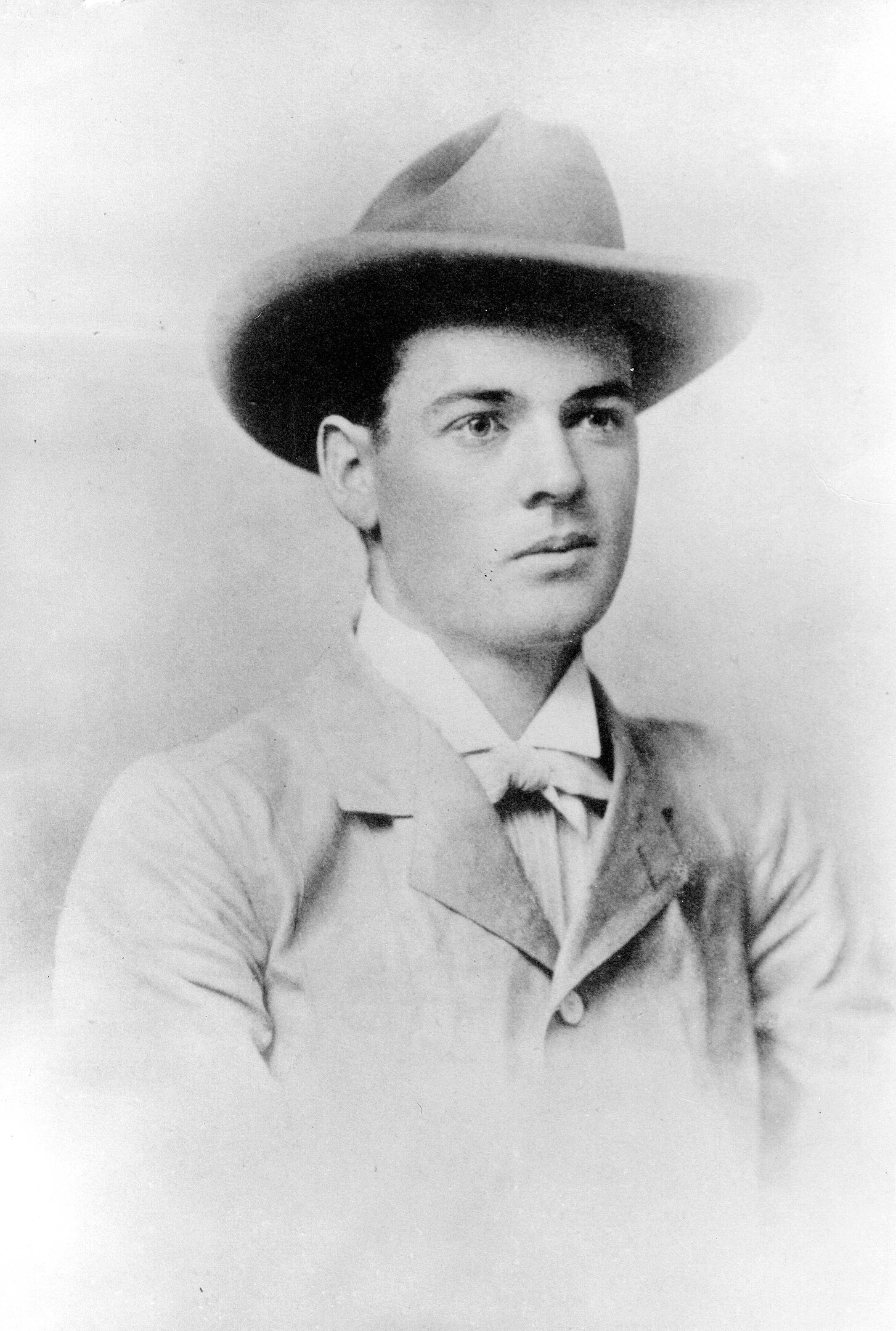Herbert Hoover served as the thirty-first President of the United States and is remembered as one of the worst presidents today. Many people became homeless as a result of his inaction at the start of the Great Depression.
On August 10, 1874, Herbert Hoover was born in Iowa. Jesse, his father was a blacksmith, and Hulda, his mother, was a housewife.
Herbert’s father, Jesse, died of a heart attack at the age of 34 in 1880. Herbert’s mother, Hulda, died in 1884 after contracting pneumonia and typhoid fever. Herbert and his siblings became orphans after both of their parents died.
The Hoover children were placed with their mother’s relatives as orphans. Due to financial constraints, the children were split up among Hulda’s relatives.
Herbert Hoover was sent to live with one of his grandmothers when he was a child. After spending 18 months with his paternal uncle Allen, he was sent to his maternal uncle John Minthorn in Oregon.
He was reserved, sensitive, introverted, and suspicious as a child, which he formed because he lost his parents at a very young age. Except for math, he earned mediocre to failing grades at Friends Pacific Academy in Newberg, Oregon.
Herbert Hoover was able to work a variety of odd jobs to help pay for his tuition at Stanford University, which had just opened. Herbert Hoover put in a lot of effort and only barely passed the university entrance test.
He was involved in various extracurricular sports, including participating as the junior and senior class treasurers and coaching the baseball and football teams. Herbert also worked as a clerk in the registration office to pay for his tuition and started a student laundry service to supplement his income. In 1895, he earned his bachelor’s degree in geology from this institution.
Due to the continuing Panic of 1893, 21-year-old Herbert Hoover failed to find jobs in the United States. As a result, he would move to the United Kingdom, where he would work for Bewick, Moreing and Co., a British mining firm.
After graduating in 1895, he searched for work as a surveyor but worked seventy hours a week pushing ore carts at a gold mine near Nevada City, California. With the aid of an office job in San Francisco, he was able to link with a company searching for an engineer to inspect and assess mines for future purchase. In 1897, Hoover moved to Australia, and in 1899, he moved to China, where he worked as a mining engineer until 1902.
Herbert Hoover rose through the ranks to become a prosperous mine operator over the next six years. He became one of the firm’s four partners at the age of twenty-seven.
Herbert Hoover had a comfortable financial situation, thanks to high-paying employment, his control of lucrative Burmese silver mines, and royalties from writing the leading textbook on mining engineering.
Lou Henry Hoover, his wife, accompanied him wherever he went. Lou and Herbert met at Stanford University, where she was the only female geology student. As he prepared to travel to China, he proposed to her via cable from Australia; she agreed via return wire, and they married in 1899.
Herbert Hoover’s intelligence and understanding of the world expanded dramatically throughout his career as a mining engineer and businessman. He was raised as a Quaker. Although attending Meeting only sporadically as an adult, he internalized the faith’s beliefs in the individual’s strength, the importance of liberty, and the value of “conscientious service” and charity. Hoover also extended the engineering ethos to the rest of the world, claiming that scientific insight, when used thoughtfully and adequately, contributed to human advancement.
He earned equity in the company as an investor in the firm. His company’s stock alone will make him a millionaire. He was one of the wealthier leaders in history, with a net worth of $75 million by today’s standards. His wealth was about 200 times that of the average American at the time, and abundant enough to cover his living expenses while serving as president.
If you look at Hoover’s previous positions, you’ll note that he was the United States Food Administration Director and the Secretary of Commerce.
Given this, you’d think Hoover would have held at least one elected place. He may also have been a seasoned campaigner but had never held a public office. At the very least, not explicitly.
Hoover retained all of his positions by appointment. President Woodrow Wilson named him Director of the US Food Administration during WWI. When the war ended in 1918, however, Hoover stepped down as director.
Similarly, Herbert Hoover had earned the endorsement of President Warren Harding, who had just been elected. President Harding chose him as his Secretary of Commerce because of his experience as a businessman.
Because he is a wealthy businessman, he refused to accept his presidential pay. Instead, during his four years in office, he decided to donate it to an orphanage. It attracted media attention because it was unprecedented for a president to do so.
Congress passed the Former Presidents Act in 1958. In part, this ensures that every president who is not removed from office receives an annual pension that is nearly equal to that of the current president.
Since Herbert Hoover was still alive at the time, he was entitled to his former president’s pension. Hoover would donate the money to charity once more, as he had done thirty years ago.
US Presidents | ||

